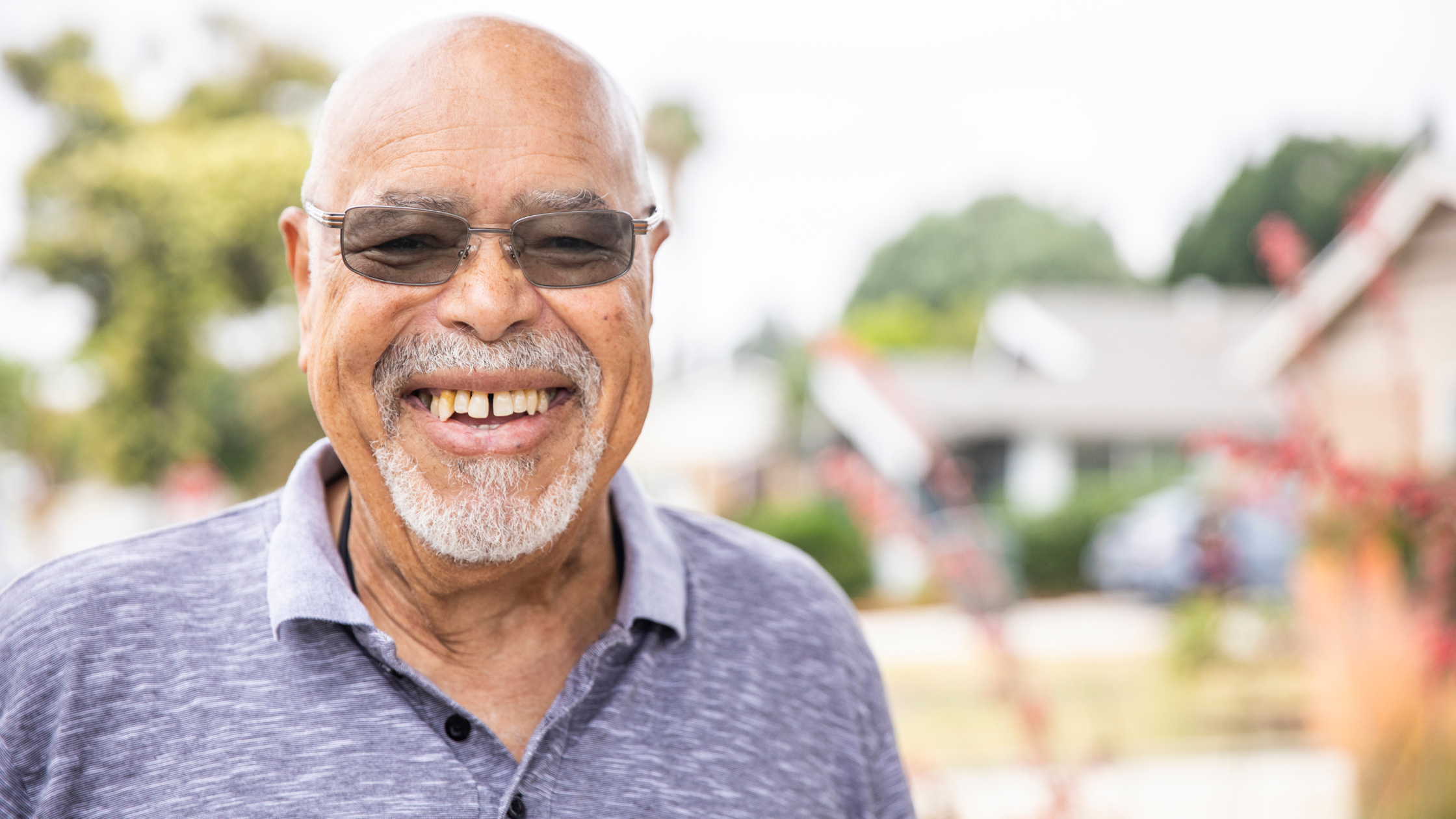November 30, 2023 by Natalie Cochran
Lone Star Legal Aid Helps Survivor of Crime Obtain Social Security Disability Income
Mr. Smith suffered from mental and visual impairments for most of his adult life when he was shot in the head, face, and arm. The bullets were so fragmented that they are currently still resting in his head and face. These impairments qualified him for Social Security Disability Income (SSDI). He told Lone Star Legal Aid that his lack of insurance coverage prevented him from seeing doctors and paying for his prescribed medicine for years.
Mr. Smith called Lone Star Legal Aid when the Social Security Administration cut off his disability benefits, stating he needed to submit new information. Mr. Smith appealed & the decision was overturned, but the Social Security Administration still had not supplied him with funding. He has 15 percent of his vision remaining in his left eye and 75 percent of his vision remaining in his right eye. He suffers from PTSD and constant headaches. He told LSLA that his condition hasn’t changed, and the pain only persists.
Managing Attorney, LaRonda Pondexter advised Mr. Smith that SSDI is based on the individual’s work history and earnings. Monthly benefits are paid if you have enough work history to be fully and currently insured, and you have a medical condition expected to last at least one year or result in death.
Pondexter advised him that he should be prepared to provide the administration with detailed information. She also got Mr. Smith an Administrative Law Judge (ALJ) hearing, which would allow his doctors to support Mr. Smith’s case on his behalf with expert information on his condition and why it is crucial for him to obtain disability funding. The ALJ would offer Mr. Smith an opportunity for a hearing to determine if further action was needed and issue a new decision.
Mr. Smith was also advised to provide the judge with information on why he wasn’t able to be employed. The judge would then review the record and testimony in the hearing and decide whether Mr. Smith should receive a favorable decision.
His doctors explained to the judge why he wasn’t able to do substantial work and would need to rely on SSDI. The ALJ had not obtained records directed by the appeals council, so she continued the case for two months to receive exam results and current medical records. After the ALJ received and reviewed the records, Mr. Smith received a lump sum payment for the previous year, and will continue to receive SSDI benefits going forward.
*Names have been changed to protect the identity of the client(s).
The Legal Services Corporation generously funds this work.
